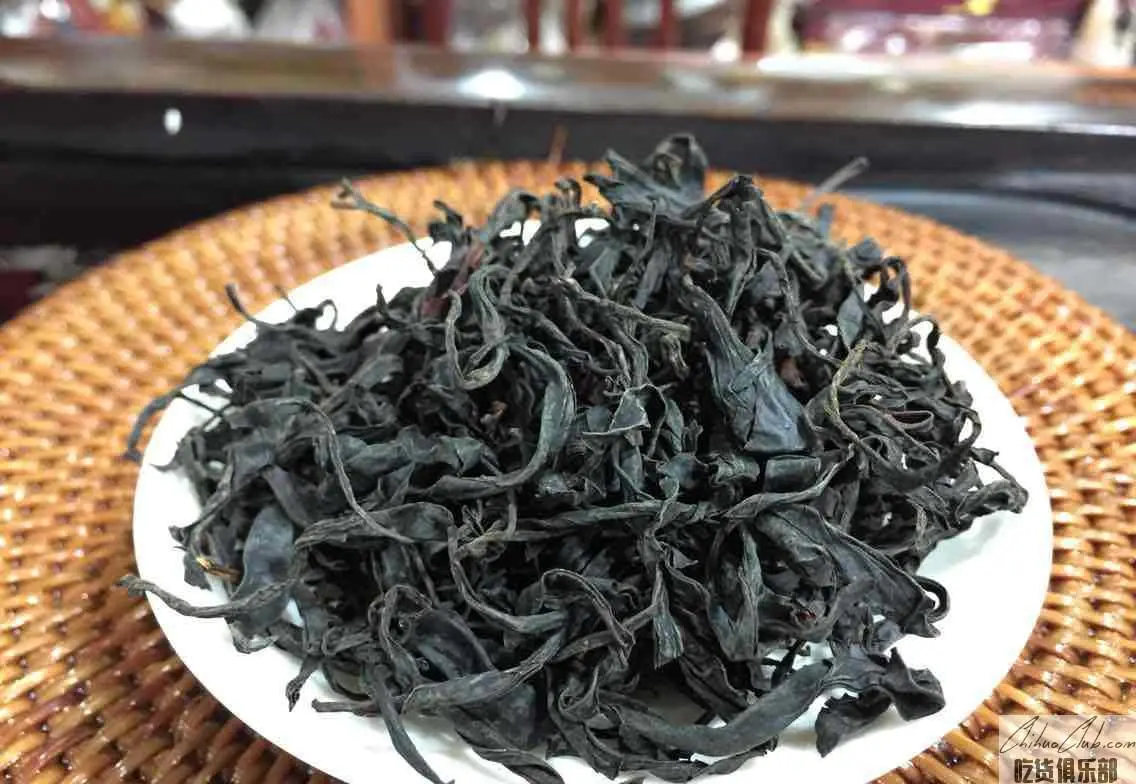
Changning Black Tea
-
Update date::
-
Date of protection::
-
Protected range:The production area of Changning Black Tea is 10 in the pastoral town of Changning County, Yunnan Province, Lishui Town, Datianba Township, Kejie Town, Gengjia Township, Yutong Town, Hot Spring Township, Jifei Township, Wengjie Township and Qijie Township. The township has jurisdiction over the administrative area.
-
Category:
Changning black tea strips and fats are tight and knotted with many seedlings. The color of the black and brown oil is moist, the aroma is sweet and rich, the taste is fresh and mellow, the soup is red and bright with a golden circle, and the leaves are fat and tender.nChangchun black tea raw materials are mostly picked for spring tea, and a small part is autumn tea. The product processing follows the traditional production process, especially the mastery of the fermenting technology, the pursuit of fresh and cool, so that Changning black tea tastes mellow, bitter and bitter, and long-lasting, the characteristics of black tea is very obvious.
Changning is located on the banks of the Li River in the west of Yunnan Province. It is located in the junction of Dali, Linyi and Baoshan, and is affiliated to Baoshan City. In 1933, Yongchang (now Longyang District of Baoshan City) and Shunning (now Fengqing County of Linyi City) set up a county, and each county was named after it, meaning the prosperity and tranquility. Changning is an old tea area with a long history. It is the only place in the southwestern tea-horse road branch line. It is an important place for producing high-quality tea and promoting tea culture. The highest altitude in the country is 2876 meters, the lowest altitude is 608 meters, and the annual average temperature is 15.3 degrees, the annual average rainfall of 1242.7 mm, the forest coverage rate of 60.43%, known as the "Green Pearl of the West". Due to the unique soil and climatic conditions, the unique quality of Changning Black Tea has been well received by consumers and enjoys a high reputation in the domestic and foreign markets.
Quality Technical Requirements for Changning Black Tea I. Variety of Yunnan large leaf population and the series of suitable Changning black tea. Second, the site conditions are within the range of 1600m to 2200m above sea level. The soil is red soil and yellow red soil. The soil pH is 4.5 to 6.5, the soil organic matter content is ≥1.5%, and the soil layer thickness is ≥100cm. Third, cultivation management Seedling: use asexual reproduction. 2. 3. Fertilizer management: Applying organic fertilizer ≥ 3.0 tons per hectare of tea plantation per year, chemical fertilizer ≤ 1.2 tons. 4. Environmental and safety requirements: The use of pesticides, fertilizers, etc. must comply with relevant national regulations and must not pollute the environment. Fourth, picking every March, picking a bud or a bud and a leaf, a bud and two leaves of fresh leaves. Fifth, the processing process 1. Process: withering → 揉捻 → fermentation → drying → refining. 2. The room is naturally withered, the temperature is maintained at 20 ° C to 22 ° C, and the leaflets per square meter are kept within 1 kg. The water content of withering to withered leaves was controlled at 58% to 62%, and the grass was partially lost, and the withering was stopped when it was slightly fragrant. (2) Fermentation: the temperature is controlled at 25 ° C to 28 ° C, the relative humidity is maintained at 80% to 90%, the fermentation until the grass gas disappears, the fruit is fragrant, and the flesh is stopped when the fluoroscopy is reddish yellow. (3) Drying: Drying is divided into fire and foot fire. The drying temperature of the wool is 110 ° C to 120 ° C, the fire is dried until the water content of the tea is 20% to 25%; the dry temperature of the fire is 90 ° C to 100 ° C, and the fire is dried until the water content of the tea is 6%. Sixth, quality characteristics 1. Sensory features: the appearance of oil and oil is faint, and the stalks are rich and sturdy. The aroma is rich and sweet, the taste is mellow and sweet, the soup is red and bright, the leaves are fat and tender, and the red is even and bright. 2. 3. Safety and other quality technical requirements: Product safety and other quality technical requirements must comply with relevant national regulations.
Apply to:
Producers within the scope of the Changning black tea production area may apply to the Quality and Technical Supervision Bureau of Changning County, Yunnan Province for the use of the “Special Mark for Geographical Indication Products”, which shall be reviewed by the Yunnan Provincial Bureau of Quality and Technical Supervision and reported to the General Administration of Quality Supervision, Inspection and Quarantine for approval. The testing organization of Changning Black Tea is selected by the Yunnan Provincial Bureau of Quality and Technical Supervision in the testing institutions that meet the qualification requirements.